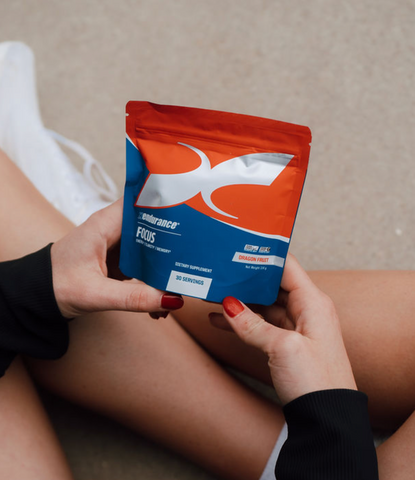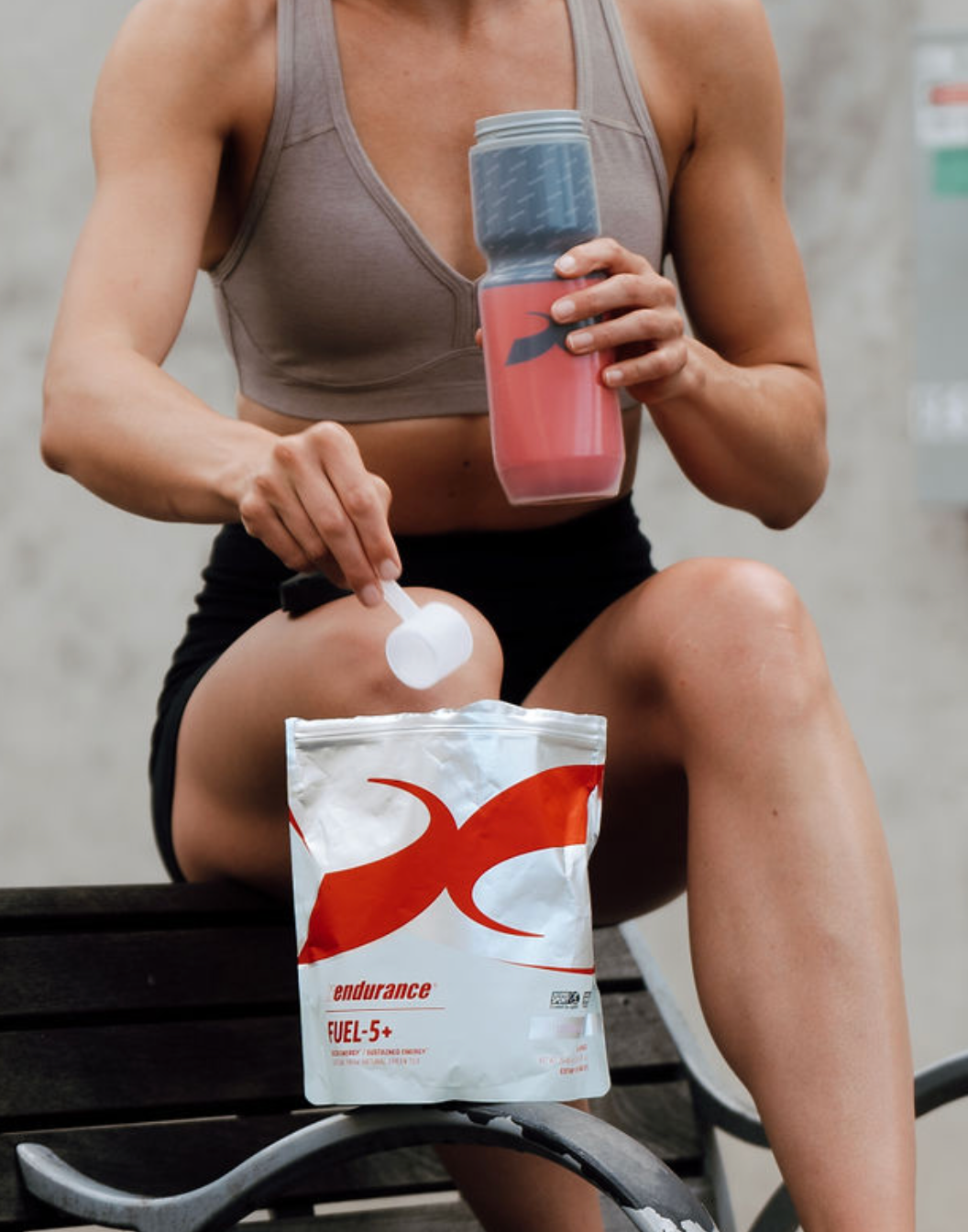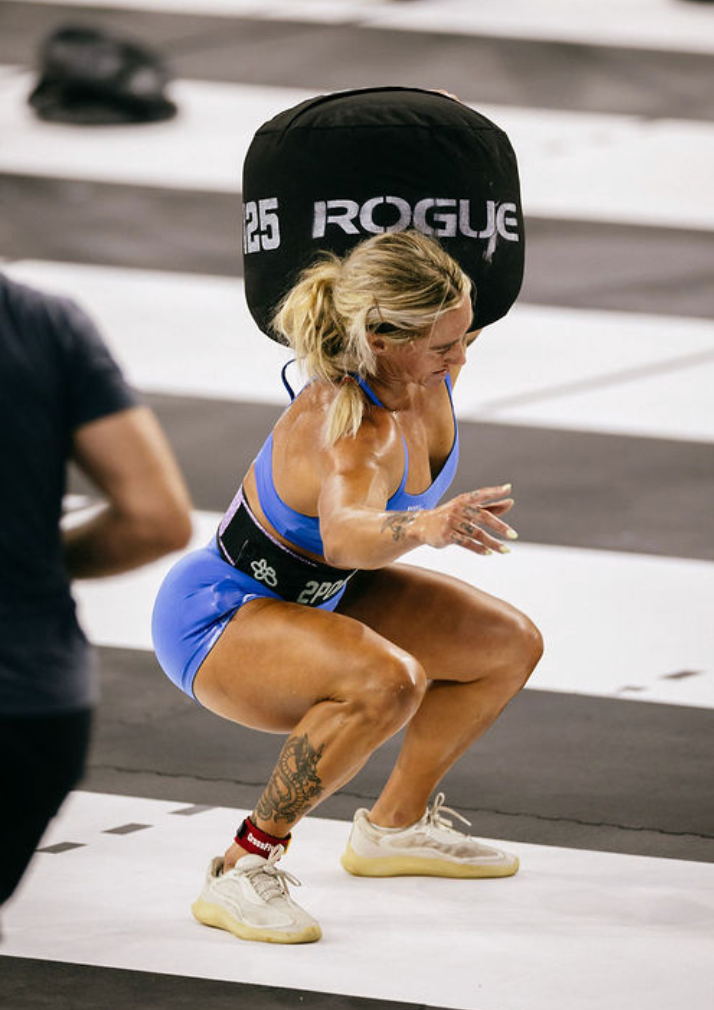Have you ever reached the starting line only to realize you forgot your pre-workout? Does the sudden panic hit as you face the prospect of running a 5K without that crucial boost? While it’s rare to forget, it raises an interesting question: are you taking your pre-workout at the recommended time for your event?
Pre-workout supplements are popular among athletes and fitness enthusiasts looking to enhance their performance during intense workouts or events. These supplements are designed to increase energy, endurance, strength, and focus. However, the timing of ingestion and the type of pre-workout can significantly affect their effectiveness. Understanding how long before a workout should you take a pre-workout can make a big difference in your performance.
There are different types of pre-workouts with various key ingredients and we will discuss those along with the role of caffeine, how long before a workout should I take a pre-workout, and how timing varies across different sports.
Understanding Pre-Workout Supplements
Pre-workout supplements come in various forms, including powders, pills, and more. How often should you take a pre-workout and do you need a pre-workout are common questions that many athletes have. They are typically consumed 15 to 30 minutes before exercising. The primary goal is to boost physical performance and mental focus during workouts. Ingredients vary widely but often include caffeine, choline sources, L-citrulline, creatine, and sometimes herbal extracts or vitamins.
Key Ingredients in Pre-Workouts
- Caffeine: The most common stimulant in pre-workouts, caffeine helps increase alertness and delay the onset of muscle fatigue.
- Creatine: Supports energy production in muscles and improves performance during short bursts of intense exercise.
- L-Citrulline: Improves blood flow to tissues, enhancing aerobic performance and muscle recovery.
- L-Theanine: Bolsters the cognitive benefits of caffeine
- BCAAs: (Branch Chain Amino Acids) have been shown to reduce muscle soreness and increase stamina.
Each ingredient serves a specific purpose, aimed at maximizing different aspects of workout performance.
The Role of Caffeine
Caffeine is perhaps the most crucial component of many pre-workout formulas. It's well-known for its ability to enhance endurance and reduce perceived exertion, which can be particularly beneficial in both weight training and endurance sports. The amount of caffeine can vary greatly in pre-workout supplements, typically ranging from 100 to 300 mg per serving. It’s essential to consider one's caffeine tolerance and the time of day when exercising, as taking caffeine too late can interfere with sleep.
Dosage is also important because most active people do not want the “jitters” during a workout or event. They want the boost but do not need a caffeine intake that impairs their performance.
Other Ingredients Found To Provide Benefits in Pre-Workouts
Nitric Oxide: A key role of nitric oxide is to widen blood vessels and enhance blood flow, or vasodilation to increase the delivery of oxygen and nutrients to muscles during exercise.
Beet Root Powder: Beetroot powder has been demonstrated to enhance power and decrease muscle fatigue, enabling strength and power athletes to train more intensely and improve their performance. It also promotes enhanced blood flow, similar to nitric oxide.
Alphasize®: This is considered the king of choline sources. Choline is commonly added to pre-workouts and/or nootropics to boost acetylcholine levels in the body, which is intended to improve learning, memory, and focus.

Timing Your Pre-Workout
The timing of pre-workout consumption can be crucial depending on the type of exercise. These are some strategies many use for pre-workout timing:
- Strength Training: For activities like weightlifting, it’s best to take a pre-workout 20-30 minutes before starting. This timing helps by peaking the energy boost as you begin lifting.
- Endurance Sports: Runners or cyclists may benefit from taking a pre-workout 30-45 minutes before activity to allow for a gradual increase in energy levels.
- Team Sports: Sports such as soccer or basketball can also gain from pre-workout supplements taken 30 minutes before the game to sustain energy levels throughout the play.
Note: Depending on the duration of the sport or activity, several pre-workouts are consumed at a pre-measured dose during the event for lasting energy.
Different Types of Sports and Pre-Workout Needs
Each sport might require a slightly different approach to pre-workout timing and formulation. Here are some basic thoughts on 3 different sports:
- Bodybuilding: Bodybuilders often look for pre-workouts with high caffeine and creatine content to maximize their pump and lift heavier weights.
- Marathon Runners: Endurance athletes might prefer pre-workouts with higher lactic acid buffers and energy sources with lower caffeine content to avoid jitters over long periods.
- Swimmers: Swimmers need a balance in their pre-workout to enhance both strength and endurance, with ingredients like L-citrulline to aid in oxygen utilization. Lactic acid buffers also come into play for the stamina and endurance.
What The Science Shows on Pre-Workouts
Studies examining the effects of pre-workout supplements across various sports have yielded a diverse array of findings, reflecting the differing demands of each sport and the various compositions of these supplements. Generally, pre-workout supplements, which often contain ingredients like caffeine, choline, BCAAs, and creatine, are designed to enhance physical performance, increase energy levels, and delay fatigue. Research in strength-based sports such as weightlifting has frequently shown improvements in power output and endurance, while in endurance sports, such as cycling and running, the focus has been on increased endurance performance and reduced perception of effort. Interestingly, in team sports that require both endurance and bursts of activity, like soccer and basketball, studies suggest that pre-workouts can improve both anaerobic peak performance and overall game endurance. However, the results are highly variable, with some studies highlighting significant performance enhancements, while others indicate minimal or no benefits, often depending on the specific formulation of the supplement and the fitness level of the participants. This variability underscores the need for athletes to consider individual responses to different supplement formulations when evaluating their potential benefits.
The Impact of Pre-Workout Formulas
Choosing the right pre-workout supplement and timing it correctly can significantly impact your training efficiency and performance. It's crucial to consider the specific demands of your sport and personal tolerance to various ingredients. Always ensure to start with lower doses to assess tolerance and avoid any adverse effects. Whether you are lifting weights, running a marathon, or preparing for a soccer match, a properly timed pre-workout with beneficial ingredients can provide the extra boost you need to perform at your best.









Leave a comment
This site is protected by hCaptcha and the hCaptcha Privacy Policy and Terms of Service apply.